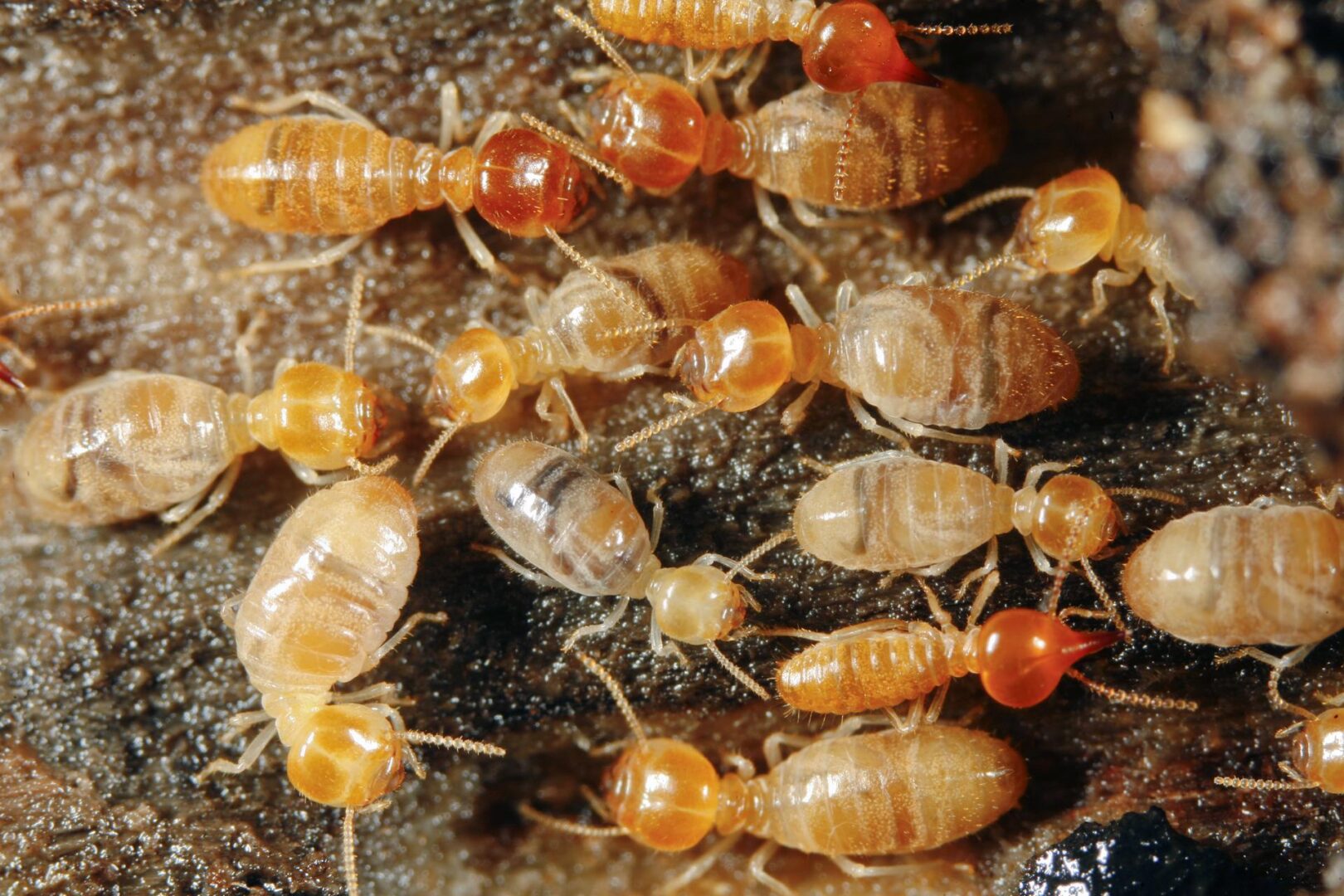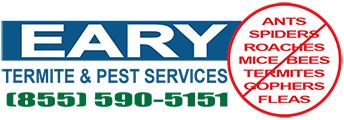
Seasonal Threats: How Weather Impacts Termite Activity
Termites are notorious pests that can cause extensive damage to your home if left unchecked. Understanding how different weather conditions influence termite behavior is crucial for homeowners aiming to protect their properties year-round. By recognizing these patterns, you can take proactive measures to ensure your home remains termite-free while maintaining its structural integrity.
The Impact of Spring on Termite Activity
Spring represents a critical time for termite activity as warmer temperatures and increased moisture create ideal breeding conditions. Subterranean termites, the most common type in many regions, become more active and begin their search for new nesting sites. The increased humidity and rainfall during this season provide the moisture these pests need to thrive. Homeowners should be vigilant during spring for signs of termite infestations, such as discarded wings or mud tubes around the foundation of their homes.
Regular inspections by pest control services can help identify and mitigate termite threats before they become severe. By detecting early signs of infestation, homeowners can prevent extensive damage and costly repairs.
Summer Heat and Increased Termite Aggression
As temperatures rise during the summer, so does termite activity. The heat stimulates these pests to forage more aggressively, intensifying their search for food sources. This season is particularly concerning for drywood termites, which can infest wooden structures without the need for soil contact. The combination of high temperatures and increased humidity can lead to rapid colony growth, making summer a peak season for termite infestations.
To combat potential invasions, maintaining a dry and well-ventilated home environment is essential. Regularly checking for leaks or areas of moisture accumulation can significantly reduce the likelihood of attracting termites. Additionally, scheduling periodic inspections with pest control services ensures that any potential threats are addressed promptly and effectively.
Autumn’s Reduced Activity and Preparation
With the arrival of autumn, termite activity tends to decrease as temperatures begin to drop. However, this does not mean that homeowners should let their guard down. Termites remain active year-round, albeit at a reduced pace, and autumn is an excellent time for preventive measures. During this season, termites begin to prepare for winter by seeking out protective environments, such as your home’s foundation or wooden structures.
Homeowners can take advantage of this quieter period by reinforcing their homes against termites. Sealing cracks in the foundation, ensuring adequate drainage around the property, and reducing wood-to-soil contact are effective strategies. Scheduling an inspection with pest control services during autumn can also help identify potential vulnerabilities and address them before the colder months set in.
Winter’s Hidden Dangers
While termite activity typically slows during the winter, it does not cease entirely. Subterranean termites, for example, retreat deeper into the soil to escape the colder surface temperatures, but they continue to forage for food and maintain their colonies. The reduced external activity often gives homeowners a false sense of security, but the risk remains.
Winter provides an opportunity to address any unnoticed termite damage and reinforce protective measures. Ensuring that firewood is stored away from the home and maintaining a dry interior environment are critical steps. Additionally, engaging pest control services for an inspection during the winter months can uncover hidden infestations and provide an action plan for the upcoming seasons.
Year-Round Prevention and Protection
Effective termite control requires a year-round approach that takes seasonal variations into account. By understanding how weather conditions influence termite behavior, homeowners can implement targeted strategies to safeguard their properties. Proactive measures such as regular inspections, addressing moisture issues, and reinforcing structural defenses are essential components of a comprehensive termite management plan. Working with pest control services for regular inspections and maintenance can also provide peace of mind and expert support in mitigating any potential infestations.
Contact our professionals at Eary Termite & Pest Services to learn more about seasonal termite behavior and how to protect your property from these pests.
Tags:
